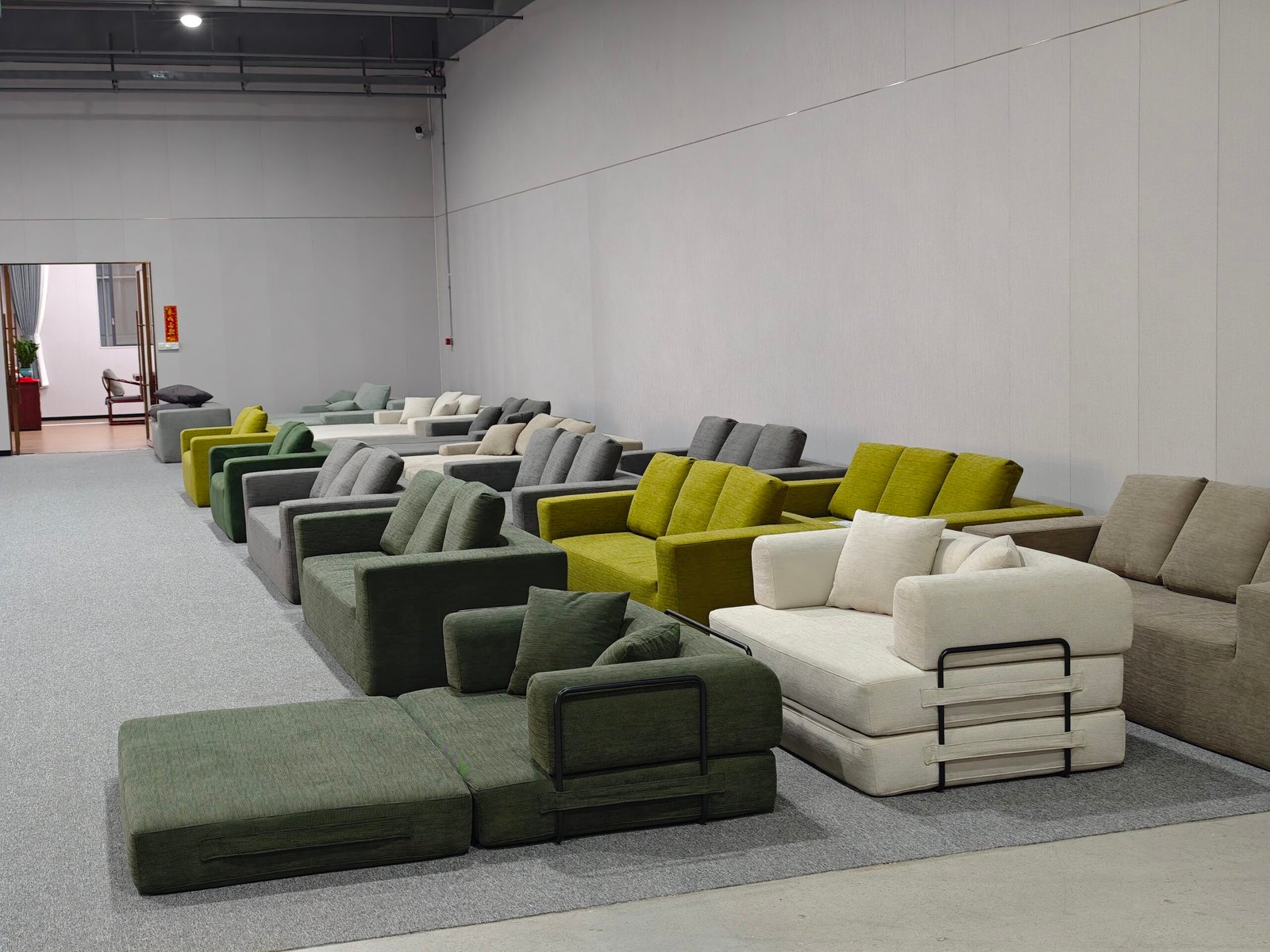
Ever sat down and felt like the couch was hugging you back? That’s the comfort standard compression couches aim for—and they’re changing how we think about everyday seating.
Compression couches are extremely comfortable thanks to their use of adaptive foams, ergonomic frames, and pressure-distributing design, making them ideal for long hours of sitting, lounging, or sleeping.
Comfort isn't just about softness—it’s about support, posture, and even temperature. Let's break down what makes compression couches truly comfortable, and how to choose the right one for your space or business.
What kind of foam makes compression couches feel so comfortable?
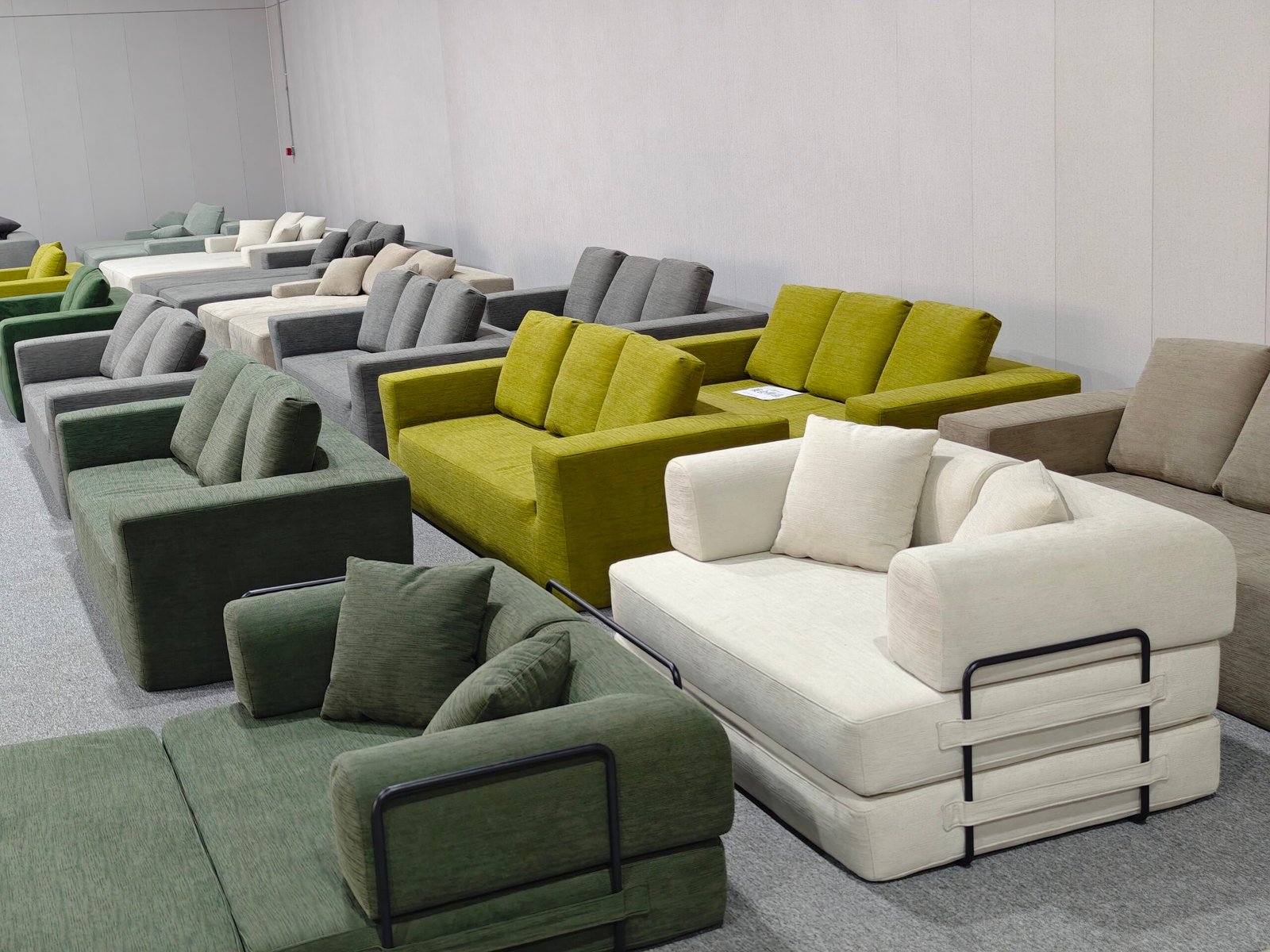
Foam is the most important comfort factor in any sofa—and compression models take it to the next level.
Most compression couches use multi-layered foam systems like high-resilience (HR) foam, memory foam, and gel-infused layers to combine softness with long-term support.
In our HSM product line, we use 3–5 layers of varying density to create a balanced “sink-in and bounce-back” feel.
Foam Comfort Comparison:
| Foam Type | Comfort Rating | Feel Type | Support Level |
|---|---|---|---|
| Memory Foam | ⭐⭐⭐⭐⭐ | Contouring & soft | Medium |
| High-Density Foam | ⭐⭐⭐⭐ | Firm base | High |
| Gel-Infused Foam | ⭐⭐⭐⭐ | Cool & responsive | Medium–High |
| Latex Foam | ⭐⭐⭐⭐⭐ | Bouncy, springy | High |
These foams adapt to body shape without bottoming out, which is ideal for long lounging or sitting sessions.
How does the structure support your posture and body weight?
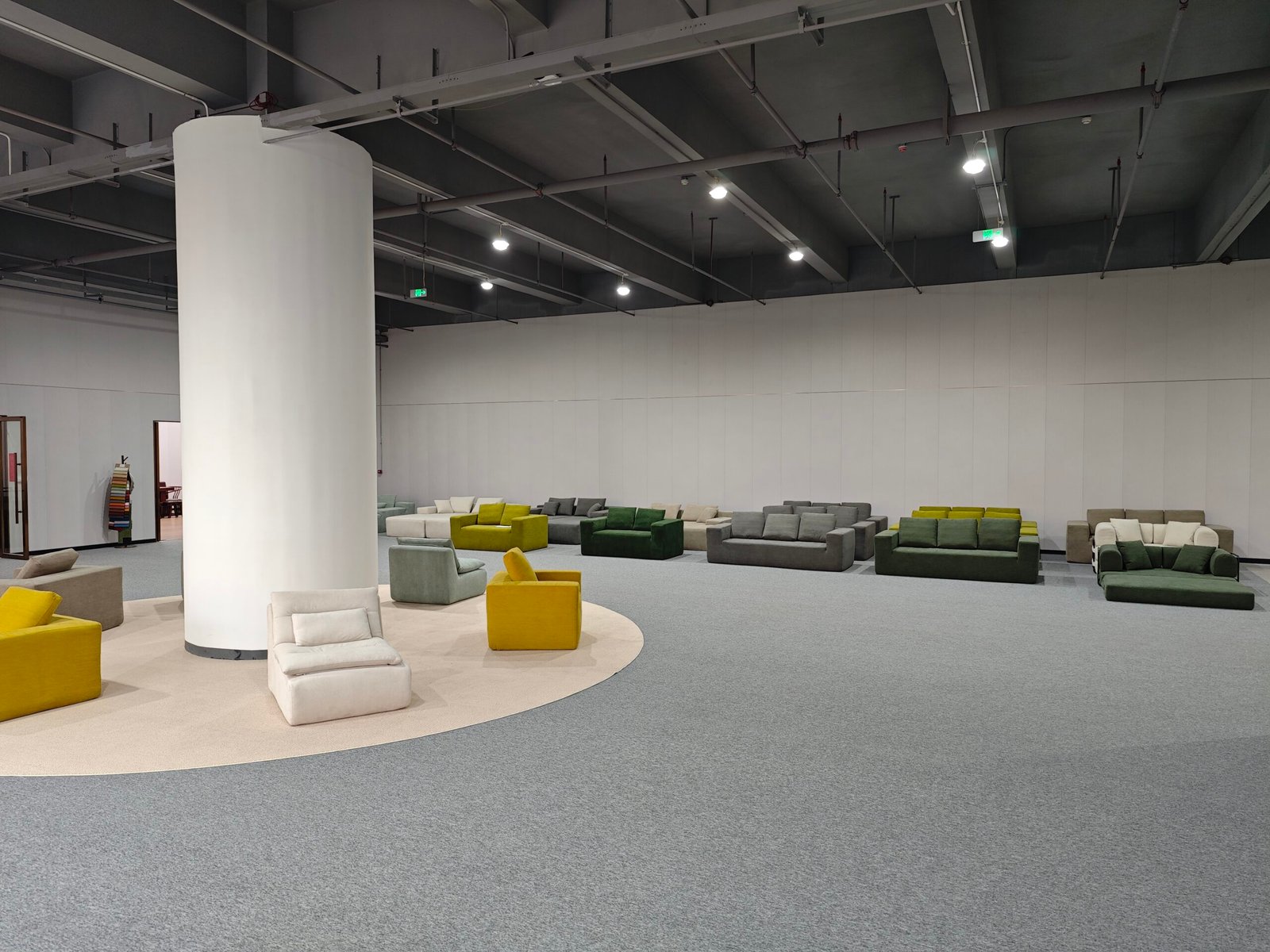
A couch might feel soft at first—but if it lacks proper support, it won’t feel comfortable for long.
Compression couches are designed with ergonomic frame angles, lumbar zones, and balanced seat height to support the natural spine curve and evenly distribute body weight.
We build our frames to sit at the “sweet height” of 43–45 cm, with backs tilted at a 100–110° angle. This keeps hips aligned with knees and takes pressure off the lower back.
Comfort-Boosting Design Features:
- Lumbar support zones
- Recline-friendly backrests
- Soft-rounded armrests
- Zoned cushion firmness
Whether you're watching Netflix or napping, you’ll feel supported without strain.
What’s the experience like during long sitting sessions?
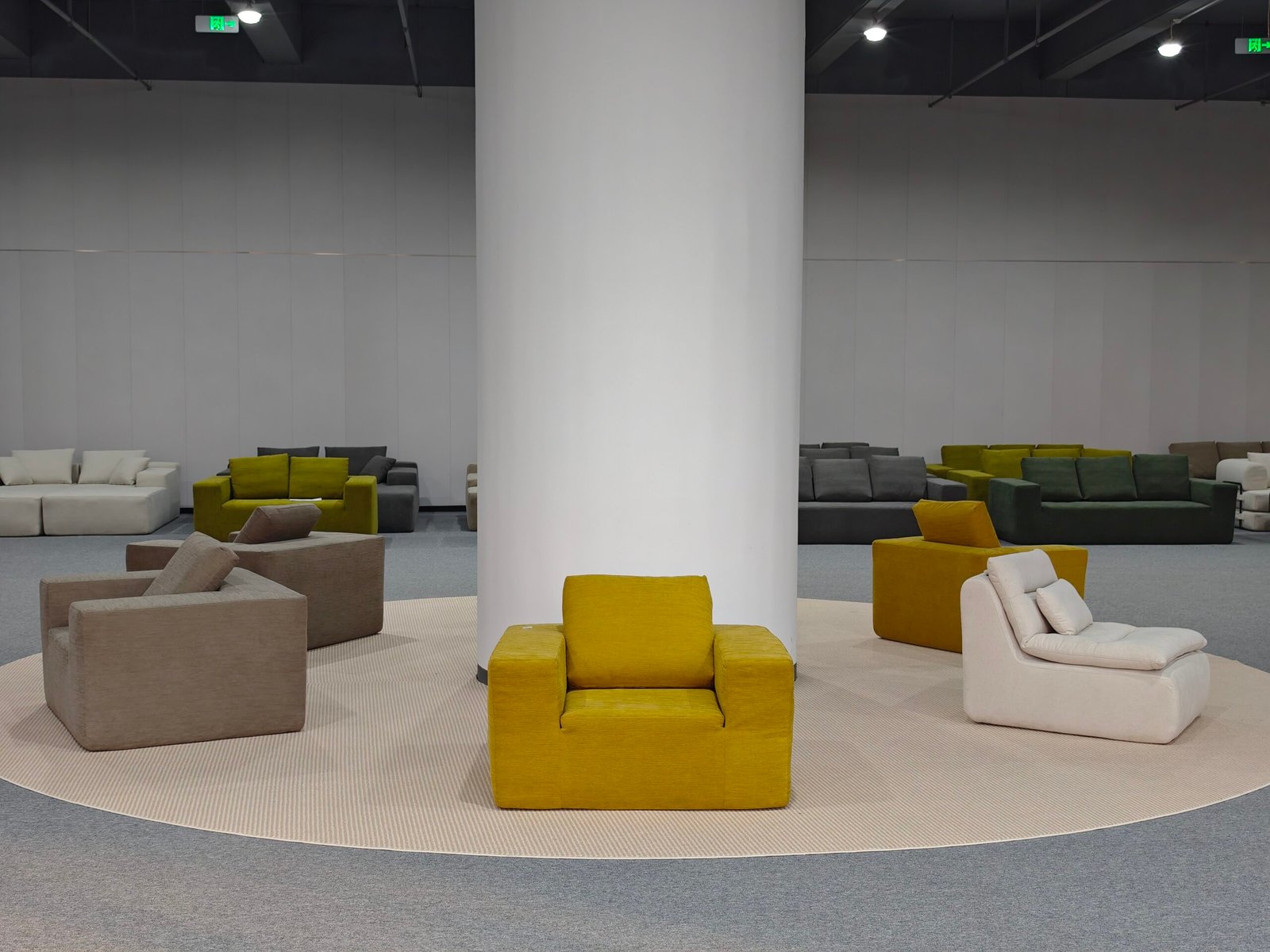
It’s one thing to be comfy for 10 minutes. But what about 3 hours?
Users consistently report that compression couches stay comfortable during extended use because they prevent pressure points and provide stable support.
The layered foam adapts to your body, while the frame prevents sagging. It’s a big upgrade from cheap couches that compress unevenly and create discomfort after 30–60 minutes.
One of our clients in Toronto replaced all his Airbnb units with compression couches and told us, “Guests love them—they actually sleep better on the couch than the bed.”
Ideal for:
- Long work-from-home days
- Binge-watching weekends
- Guests who need a backup bed
Does temperature affect how comfy a compression couch feels?
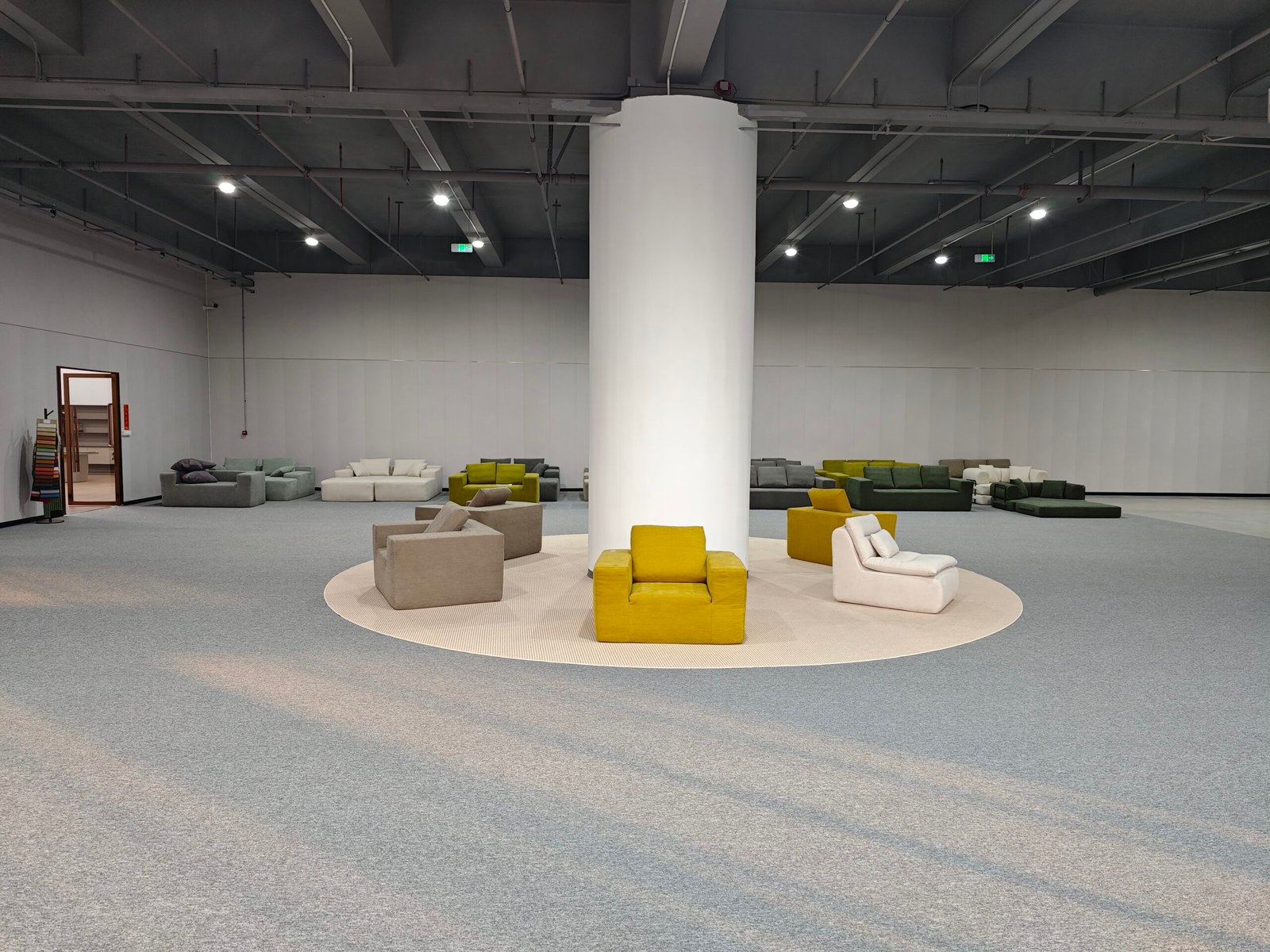
Heat and sweat can ruin an otherwise comfortable sofa experience.
Many compression couches include breathable upholstery and cooling foam layers that regulate body temperature.
We use mesh-backed polyester fabric and gel-infused foam to keep airflow moving and draw heat away from the body. This makes the sofa feel cooler in warm weather—and helps prevent discomfort from overheating.
Key Temperature-Control Features:
| Feature | Comfort Benefit |
|---|---|
| Gel foam layers | Draws heat away from your body |
| Breathable fabrics | Prevents sweat and stickiness |
| Ventilated frame | Allows air to circulate beneath seat |
This makes a big difference for buyers in warmer regions or homes without AC.
Are they good for back pain or posture issues?
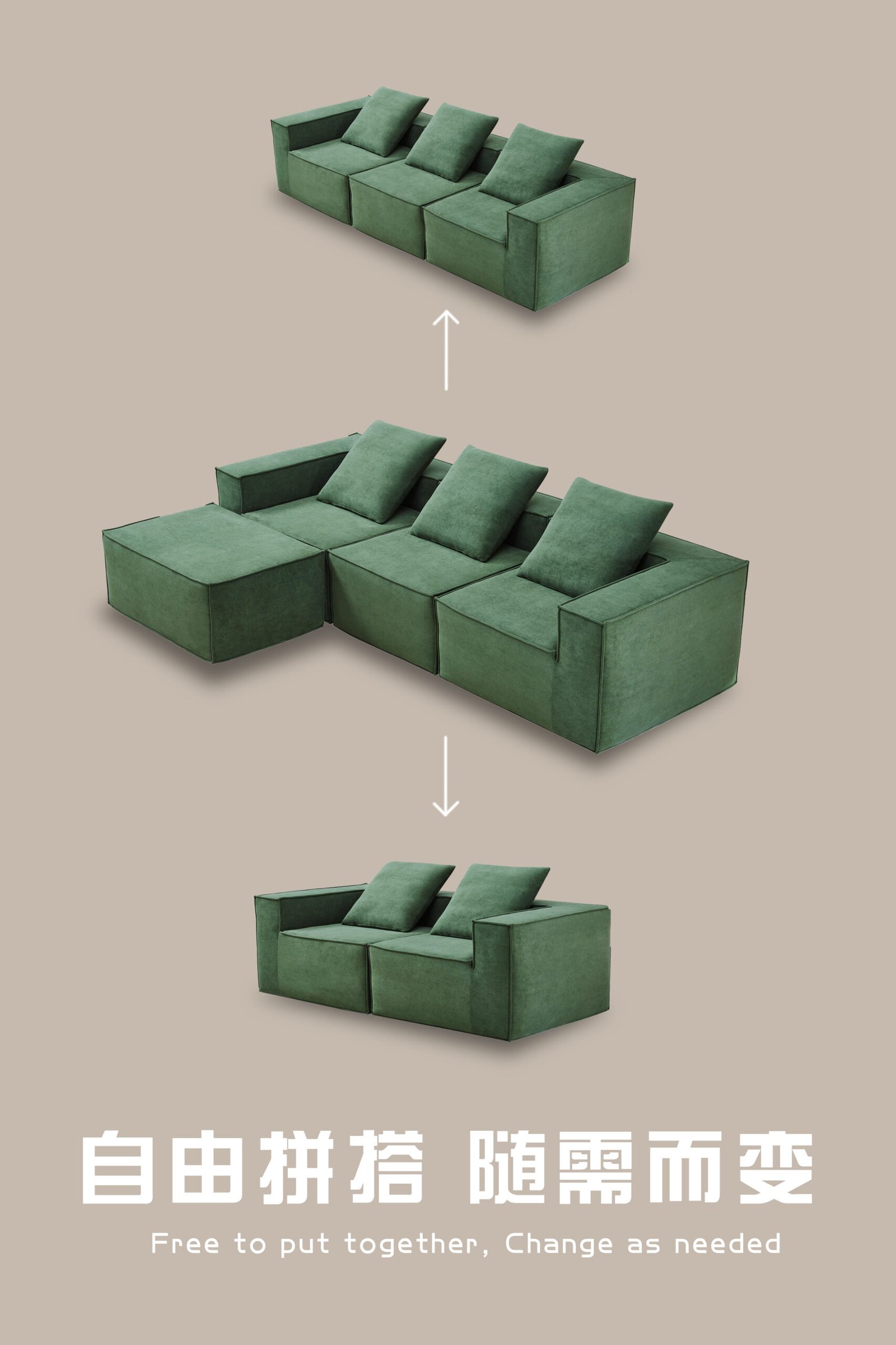
Yes—and this is where compression couches shine compared to traditional saggy sofas.
The even weight distribution and firm-but-yielding support make these couches a great option for people with back pain or posture issues.
Customers often mention they feel more rested and have fewer aches after switching. The supportive seat height also helps you stand up without effort, which is key for seniors or those recovering from injury.
- Pressure relief = less strain
- Raised seat = easier exit
- Consistent support = better alignment
It’s why our bestsellers are often in the “orthopedic-friendly” category.
What do real users say about comfort?
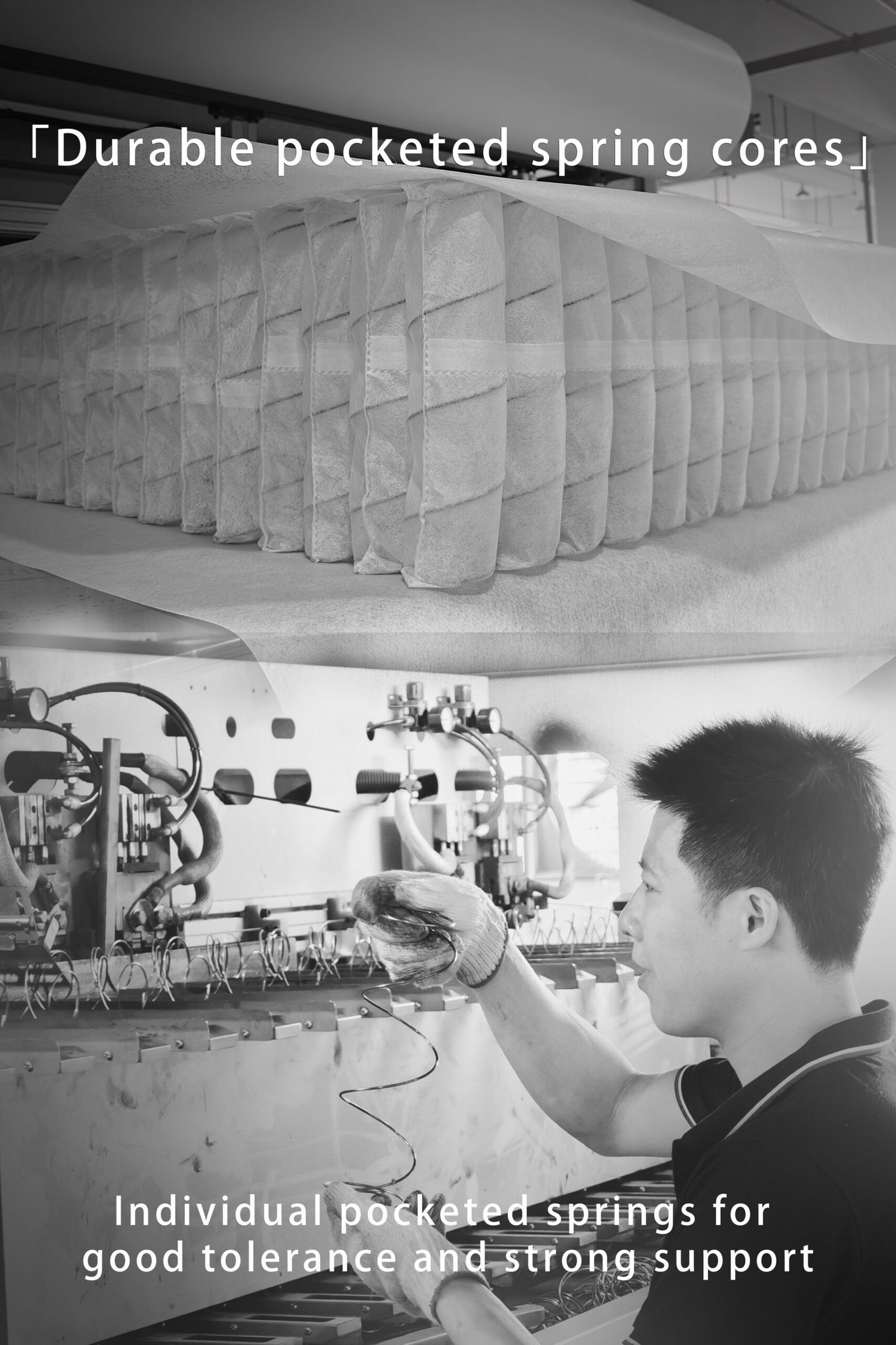
Don’t just take my word for it—customer feedback consistently praises the comfort level of compression couches.
Most reviews highlight comfort during both sitting and sleeping, especially the supportive base and cozy feel.
Here’s a quick look at common feedback:
| Feedback Type | % of Reviews | Notes |
|---|---|---|
| Positive on comfort | 85–90% | “So comfy I fell asleep in it!” |
| Neutral (needs break-in) | 5–8% | Slightly firm at first, softens over time |
| Negative on firmness | 2–5% | Usually due to preference mismatch |
Many buyers compare them favorably to memory foam beds—which tells you everything you need to know.
Conclusion
Compression couches aren’t just practical—they’re built for all-day comfort. Thanks to smart design and adaptive materials, they offer a relaxing, supportive seating experience that beats traditional sofas every time.